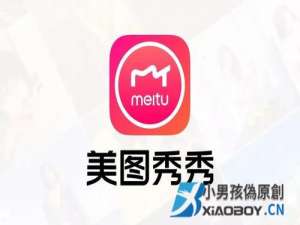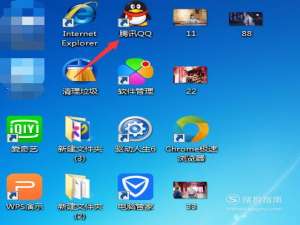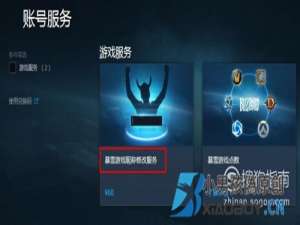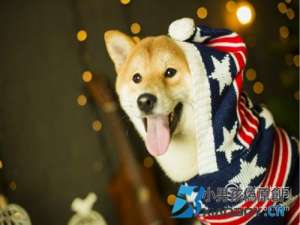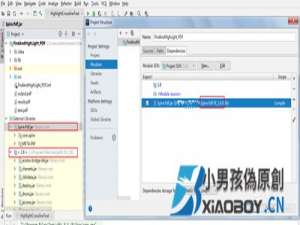如何用英语说春节的含义

【春节的含义】
Spring Festival, also known as Chinese New Year or Lunar New Year, is the most significant and widely celebrated festival in China. It marks the beginning of the lunar calendar and is a time for family reunion, festive celebrations, and traditional customs. The festival symbolizes the joy of new beginnings, the appreciation of family bonds, and the hopes for a prosperous and auspicious year ahead.
【春节的英文怎么写】
Spring Festival
Chinese New Year
Lunar New Year
All these terms, including \"Spring Festival,\" \"Chinese New Year,\" and \"Lunar New Year,\" are proper nouns and should be capitalized. \"The\" can be added before the festival names, such as \"the Spring Festival\" or \"the Chinese New Year.\"
The Spring Festival, also referred to as Chinese New Year or Lunar New Year, is a festive occasion filled with ancient traditions and vibrant celebrations. It is an important cultural event, and the Chinese people prepare for it with great enthusiasm.
【Spring Festival是什么意思】
The English phrase \"Spring Festival\" refers specifically to the Chinese traditional festival known as the \"春节\" (chūn jié). In English, it is used as a noun, and it is common to add the definite article \"the\" before it. The Spring Festival is a time when families come together, homes are decorated with red lanterns and other auspicious symbols, and various customs and traditions are observed.
During the Spring Festival, the whole country is immersed in a festive atmosphere. The streets are adorned with colorful decorations, traditional performances are staged, and fireworks light up the sky, all symbolizing the Chinese people\'s joy and anticipation for the new year.
According to the Chinese lunar calendar, the Spring Festival falls on different dates each year, usually between late January and mid-February. It lasts for 15 days, culminating in the Lantern Festival, which marks the end of the celebrations.
【春节的英文单词是什么】
Spring Festival (春节) is the English translation for the Chinese traditional festival, which takes place on the first day of the first lunar month. It is important to capitalize the first letter of each word in these proper nouns. Additionally, \"the\" can be included, such as \"the Spring Festival.\"
During the Spring Festival, various festive activities are held, including family gatherings, festive meals, dragon and lion dances, and the exchange of red envelopes containing money as a symbol of good luck. The Spring Festival is a time for people to pay homage to their ancestors, say goodbye to the old year, and welcome the new one with optimism and joy.
【春节用英语怎么说】
春节:Spring Festival
Chinese New Year
the Spring Festival (用在句子里还是加个\"the\"啦)
The Spring Festival, also known as Chinese New Year, is a major holiday in China celebrated with great pomp and show. It marks the beginning of a new lunar year and is a time for family gatherings, giving and receiving blessings, and indulging in traditional delicacies.
【用英语介绍春节】
The Spring Festival is the most significant festival for the Chinese people. It is a time when families come together, homes are adorned with red lanterns and other decorations, and various customs and traditions are practiced. The festival signifies the importance of family, the blessings of the new year, and the spirits of joy and hope.
During the Spring Festival, people engage in activities such as the lion dance, dragon boat racing, and fireworks to bring good luck and chase away evil spirits. Traditional foods, like dumplings and rice cakes, are prepared and shared among family members and friends. It is a time for reflection, gratitude, and well-wishing.
【用英文说一下过春节的原因】
The reason for celebrating Chinese New Year or Spring Festival is rooted in the rich cultural heritage and traditions of China. It is the most crucial holiday in the country, representing a time for renewal, family bonding, and the embracing of good luck.
The origins of the Spring Festival date back thousands of years, with myths and legends surrounding its beginnings. One legend tells of a terrifying monster called Nian that would appear on New Year\'s Eve and terrorize the villagers. However, the monster was afraid of the color red, loud noises, and firecrackers, which led to the customs of wearing red clothes, hanging red lanterns, and setting off fireworks during the festival.
The Spring Festival is deeply embedded in the hearts and minds of the Chinese people, and it serves as a reminder of the importance of family, unity, and the hope for a prosperous year ahead.
【关于节日的英语单词大全】
New Year\'s Day: 元旦
The Spring Festival: 春节
The Lantern Festival: 元宵节
International Working Women\'s Day: 国际劳动妇女节
Arbor Day: 植树节
Tomb Sweeping Day: 清明节
Labor Day: 劳动节
Dragon Boat Festival: 端午节
Mid-Autumn Festival: 中秋节
National Day: 国庆节
These are just a few examples of festive occasions and holidays celebrated in China. Each festival has its unique significance and customs, reflecting the diverse cultural heritage of the country.
【春节的来历英文翻译】
The Spring Festival, also known as the \"New Year,\" is the grandest and most important festival in China. It is celebrated with great enthusiasm and vigor by people from all walks of life. The festival has a rich historical and cultural background and has been passed down for generations.
During the Spring Festival, traditional customs and practices are observed, including the reunion dinner, the giving of red envelopes, and the display of fireworks. These customs are believed to bring good luck, prosperity, and happiness for the coming year.
The origins of the Spring Festival have deep roots in Chinese mythology and folklore. It is a time to pay respects to ancestors, honor deities, and pray for a bountiful harvest and a harmonious life. The festival is filled with joy, laughter, and a sense of renewal as people bid farewell to the old year and welcome the new one with open arms.





